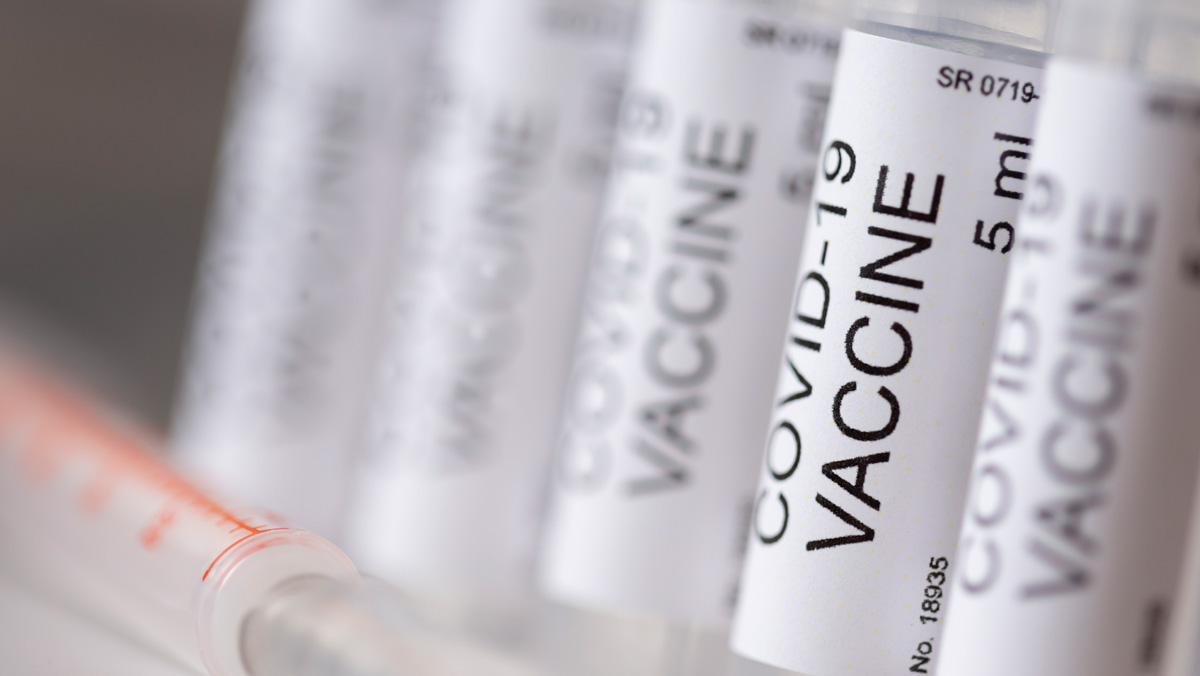AZ promises to deliver 400m doses of COVID-19 vaccine to Europe

AstraZeneca has followed through on its pledge to provide its COVID-19 vaccine at cost during the pandemic, saying it has agreed to supply 400m doses to the European Inclusive Vaccines Alliance (IVA).
The first doses of Oxford University-developed candidate ChAdOx1 nCoV-19 – which AZ licensed in April and renamed AZD1222 – will start to be delivered by the end of this year, said the drug maker.
All told, AZ – which has previously agreed to provide 400 million doses to the US and the UK - has said it has capacity lined up to supply 2 billion doses.
To help accelerate the roll-out worldwide the company has signed agreements with the Coalition for Epidemic Preparedness Innovations (CEPI) and vaccines organisation Gavi – covering 700 million doses – as well as the Serum Institute of India that could provide up to 1 billion doses
IVA is being led by Germany, France, Italy and the Netherlands and aims to speed up the supply of coronavirus vaccines to countries participating in the initiative.
“This agreement will ensure that hundreds of millions of Europeans have access to Oxford University’s vaccine following approval,” said AZ’s chief executive Pascal Soriot.
“With our European supply chain due to begin production soon, we hope to make the vaccine available widely and rapidly,” he added.
[embed]https://twitter.com/AstraZeneca/status/1271792649855545344[/embed]
AZ has indicated that supplying the vaccine won’t have a detrimental impact on its financial performance in 2020 as the costs of manufacture will be offset by government funding, which includes a $1.2 billion deal with the US Biomedical Advanced Research and Development Authority (BARDA).
Oxford announced the start of a phase 2/3 trial of AZD1222 in about 10,000 adult volunteers in the UK last month, and AZ says other late-stage trials are due to begin in a number of countries.
The vaccine uses a viral vector based on a weakened version of the adenovirus that causes the common cold, containing the genetic material of SARS-CoV-2 spike protein.
A prominent scientist leading the development of Oxford University’s coronavirus vaccine has said the /3 trial only has a 50:50 chance of success however, because the virus is diminishing so quickly in the UK.
Adrian Hill, director of the university’s Jenner Institute said that a lower rate of transmission of SARS-CoV-2 in the community could make it hard for the study to show an impact of the vaccine on the virus.
The latest data from the Office of National Statistics’ ongoing study – based on swabs taken from 20,000 households – suggests that the prevalence of SARS-CoV-2 in the UK population is now 1 in 1,700 people, down from 1 in 400 a few weeks ago.













